PEACE, WAR, AND THE PATROLMAN
Today’s youth think that Colombia was founded in the year 2000, and that the security problems are caused by the “paracos” (paramilitaries), and that [Ex-President Alvaro] Uribe is to blame for it. Colombia’s memory of its history is distorted by a group of left-wing intellectuals and politicians that want to re-brand the terrorists as martyrs
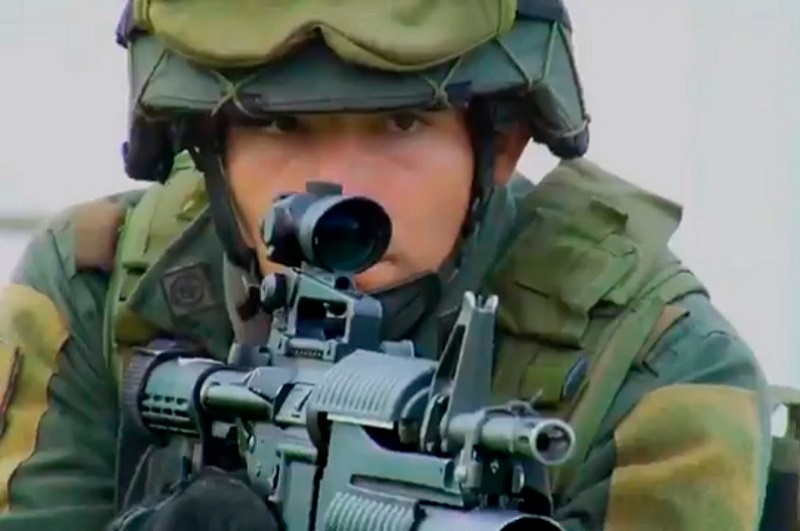
Peace, War, and the Patrolman
“I’ve just come from the cemetery, so don’t talk to me about the dead.”
By Nichin, an ordinary Colombian
Translated by Lia Fowler
We Colombians have spent a lifetime talking about peace and hoping it would come. In the last six years, it has been the preferred subject of all our conversations. Today, when it seems to be around the corner, we’re anxiously waiting to see what a day of peace will look like. I’m over 40 years old, but when I was a boy I lived in my beautiful and beloved Cáchira, where the terrorists — now redeemed heroes and future senators, governors and mayors — murdered five of the eight police officers that protected the town in an ambush. A few years later, the Coordinadora Guerrillera Simon Bolivar (another terrorist group) took over my village once again. That day, they arrived at 8:30 at night…
I remember my siblings and I were with our parents in their bedroom, praying the rosary as was the custom among the campesinos who still believe in God. The terrorists attacked the police station, where eight police officers defended themselves body and soul. At the break of dawn, the gunfight ended, and a mournful and ominous silence engulfed us. I went outside, at 10 years of age, and saw how the now-redeemed treated us. One police officer lay in the street by the park, where he had been dragged and his mouth filled with dirt — I don’t know what message they wanted to send us, I never understood it. When the surviving police officers saw that the townspeople were starting to come outside, they came out from where they had taken up positions in order to defend us.
Years later, in October 1989, the terrorists visited us again. My father courageously rebuked one of the guerrillas, who was shooting from atop our roof, “why are you here again if you already attacked this town years ago?”
“We attacked it,” he said. “Now we’re here to finish it.”
It seemed that the night would never end. The sharp crack of rifle and gunfire and the boom of the improvised mortars did justice to the words of the villain positioned on our roof. But through all of it, we could hear the voice of a brave police officer motivating his partners, saying, “Go, brothers, they can’t defeat us!”
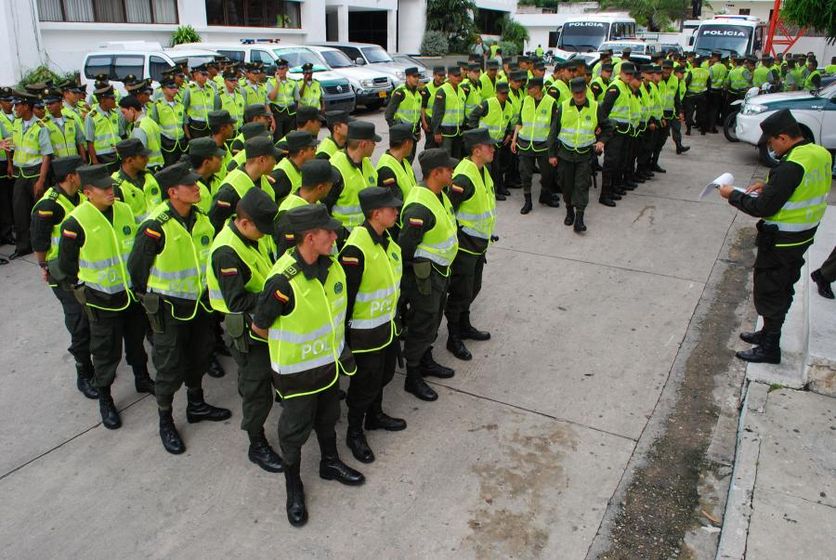
In the early hours of the day, you could still hear gunfire and the shouts of the police officer, who, never losing heart, had inspired his partners. They were checking on each other in their separate positions, “How’s your situation?” When we went outside to see what had happened I saw that the church, the credit union and the park looked like battlefields. The police station was a pile of rubble. I don’t know how my police officers resisted, or how they were able to put down two of the terrorists. Our bravest were falling on their feet, they were so tired. One hero died in the church tower: He died in the house of God, defending a town that wasn’t his own and people he didn’t know. His twenty years of life ended that day.
That was my childhood, surrounded by violence and abuse. I remember the day ELN terrorists went to the school, to tell us about the activities they did to supposedly liberate the nation, as if we didn’t know that they were murderers.
When I finished high school, my parents sent me to study at a university, so I could get a degree. But that was not for me. I carried in my blood the honor and valor of the heroes that defended my little town and that didn’t surrender in the face of the terrorists’ ruthless attack. Without my parents’ permission, I began the course to become a member of the Colombian Police. In my sacrosanct institution, I experienced much that was good: I met my wife, I had my children, I met many good-hearted people and I had hundreds of “olive green” brothers. But I also had to carry the bodies of my friends, my brothers who fell under the terror unleashed by the FARC, the ELN, and the paramilitary groups of the terrorist [Carlos] Castaño.
Today, as a retiree, I interact with a lot of people in the streets and parks of Bucaramanga, where I have taken up residence, as well as with people on social media. And when I state my disagreement with the tragic [peace] negotiations underway, it makes me sad to hear so many people who don’t know what I’ve done in my life, and especially the young, say to me: “You are a warmonger! You don’t know what it is to fire a weapon and you don’t know what it is to fight in the mountain! How ‘quaint’ of you to promote war without knowing what it is.”
If they knew what it was to shoot a person! That you don’t do it because it’s ‘quaint’, but because if you don’t that person will kill you. Or if they knew what it was to be in the mountains, where only the rays of the sun can reach you, and hear the whizzing of bullets aimed at taking your life, hoping for re-enforcements — because we were always outnumbered by the terrorists on the many occasions that they attacked the places where I worked.
Today’s youth think that Colombia was founded in the year 2000, and that the security problems are caused by the “paracos” (paramilitaries), and that [Ex-President Alvaro] Uribe is to blame for it. Colombia’s memory of its history is distorted by a group of left-wing intellectuals and politicians that want to re-brand the terrorists as martyrs. Even the mayor of Cali is begging their forgiveness, and the flag and battle-hymn of the FARC were honored in the Senate. And we, once-called heroes, are still waiting for Santos to make good on the promises he made during his first presidential campaign, when he lied to the entire nation.
To conclude I leave you with this phrase, which is used among the ranks of the real heroes: “I’ve just come from the cemetery, so don’t talk to me about the dead.”

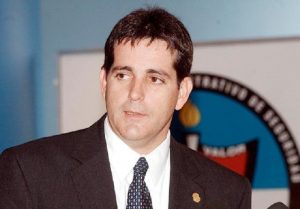
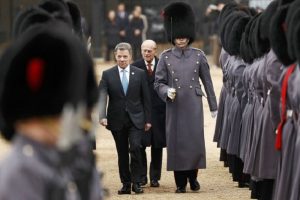
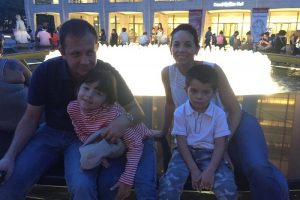
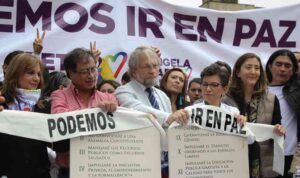
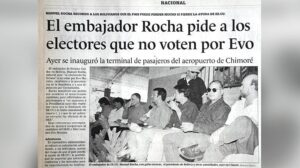
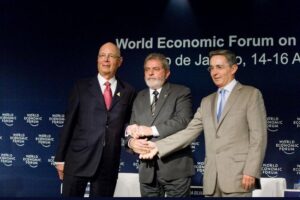
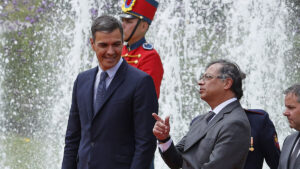
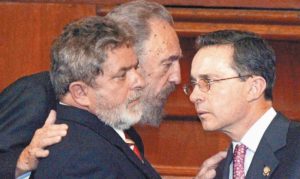
Comentarios